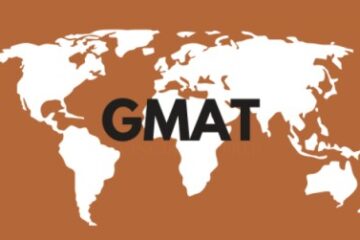Revolutionizing Education: How Plagiarism Detection Tools Are Shaping Modern Learning

In a world where information is at our fingertips, the importance of originality in education has never been more critical. It’s like cooking; while it’s okay to learn recipes from others, the real magic happens when you create a dish that’s uniquely yours. That’s where plagiarism detection tools come into play, acting like a helpful cookbook that guides us in creating original work.
What Are Plagiarism Detection Tools?
Imagine playing a game where you must spot the difference between two pictures. Plagiarism detection tools do something similar to written work. They scan a document and compare it to a massive database of published works, highlighting any matches. This technology has evolved rapidly from simple sources to complex algorithms that sniff out even the sneakiest forms of copied content.
Why Is Plagiarism a Concern in Modern Education?
Plagiarism is like copying someone else’s test answers. It not only cheats the system but robs the student of the chance to learn and grow. It’s a big deal in the classroom because it undermines the value of hard work and integrity. Think of it as playing a game in inaccessible mode – you might win, but you miss out on the real challenge and the learning that comes with it.
The Role of Plagiarism Detection in Upholding Academic Integrity
For teachers, plagiarism detection tools are like having an extra set of eyes, helping ensure that every piece of work they grade reflects a student’s effort and understanding. Tools like Turnitin have become school household names, underscoring their importance in maintaining a fair and honest academic environment.
How Do Plagiarism Detectors Benefit Educators?
Teachers have a lot on their plate, and these tools act like trusty assistants, saving them time and effort in grading. They also highlight areas where students might need more help understanding how to reference or develop their ideas properly.
Enhancing Student Learning and Development
Plagiarism detection tools are not just about catching cheats but also teaching tools. Using them teaches students the importance of originality and how to give credit where it’s due. It’s like learning the rules of a new game – it might be challenging at first, but it sets the stage for fair play and creativity.
Are Plagiarism Tools Always Reliable?
While these tools are super helpful, they could be better. Sometimes, they might flag a common phrase as plagiarism or miss a cleverly disguised copy. This is where ‘Chegg checker experts’ come in, offering an additional layer of review to ensure accuracy. It’s a team effort between
technology and human expertise.
The Ethical Considerations
With great power comes great responsibility. As much as these tools help detect plagiarism, they also raise questions about student privacy and data security. Educators have to juggle the benefits of these tools with ethical practices, ensuring that students’ work is respected and protected.
Preparing Students for the Future
In the real world, plagiarism can have serious consequences, from legal issues to a tarnished reputation. Understanding plagiarism and how to avoid it is like learning to navigate the roads before driving a car – it’s essential for a safe and successful journey.
Innovations and Future Trends in Plagiarism Detection
The future looks exciting with advancements in technology. Picture tools that not only detect plagiarism but also teach students how to paraphrase and cite correctly. These innovations promise to make learning more honest, interactive, and engaging.
Conclusion
Plagiarism detection tools have transformed the education landscape, much like how smartphones changed communication. They’re not just about catching wrongdoers but are pivotal in fostering a culture of integrity and originality. With tools like the ‘Chegg plagiarism checker,’ students and educators have a powerful ally in this journey. As we continue to embrace these tools, we’re not just upholding academic integrity; we’re preparing a generation of thinkers, creators, and innovators.
Leave a reply
You must be logged in to post a comment.










